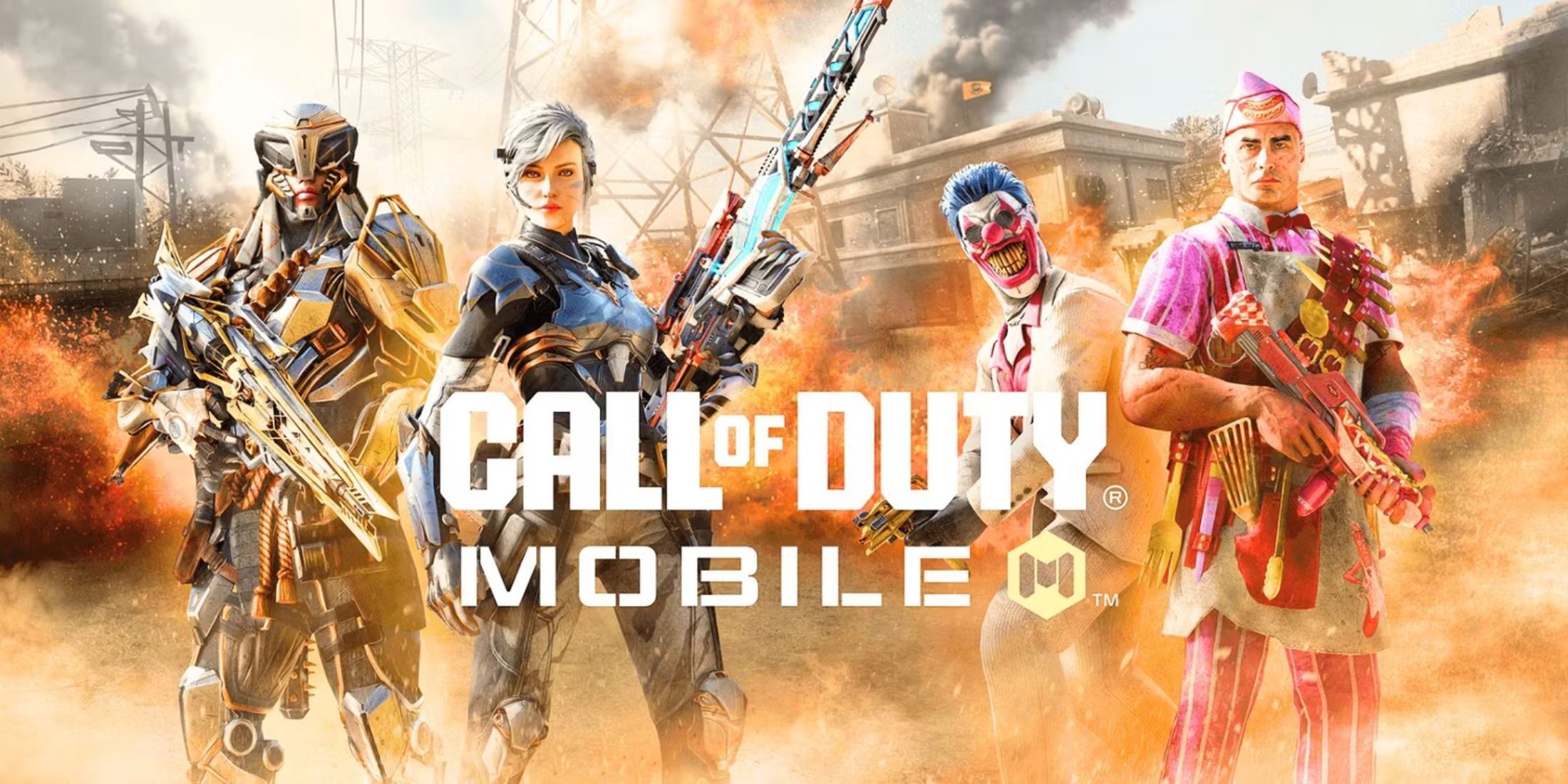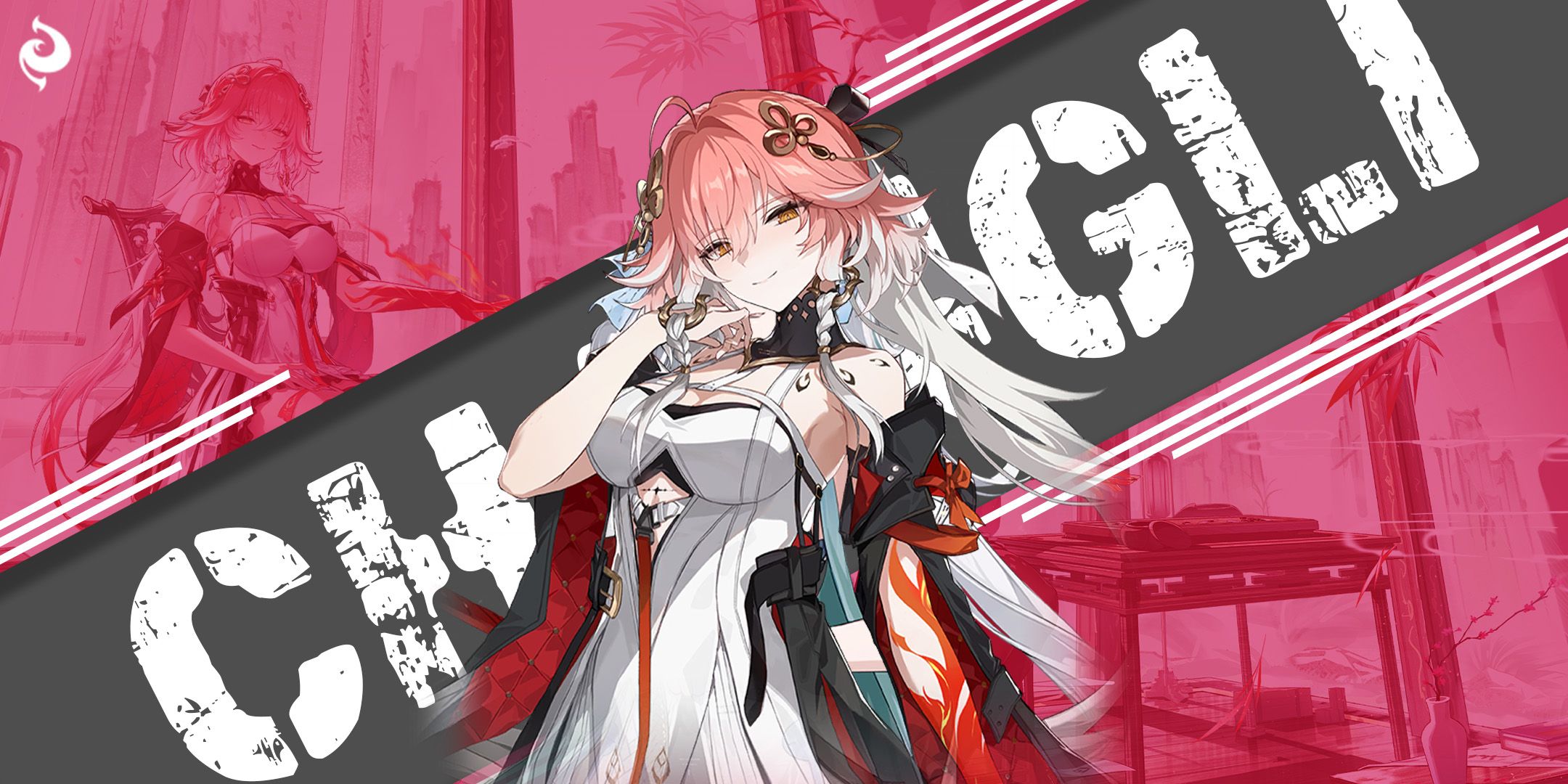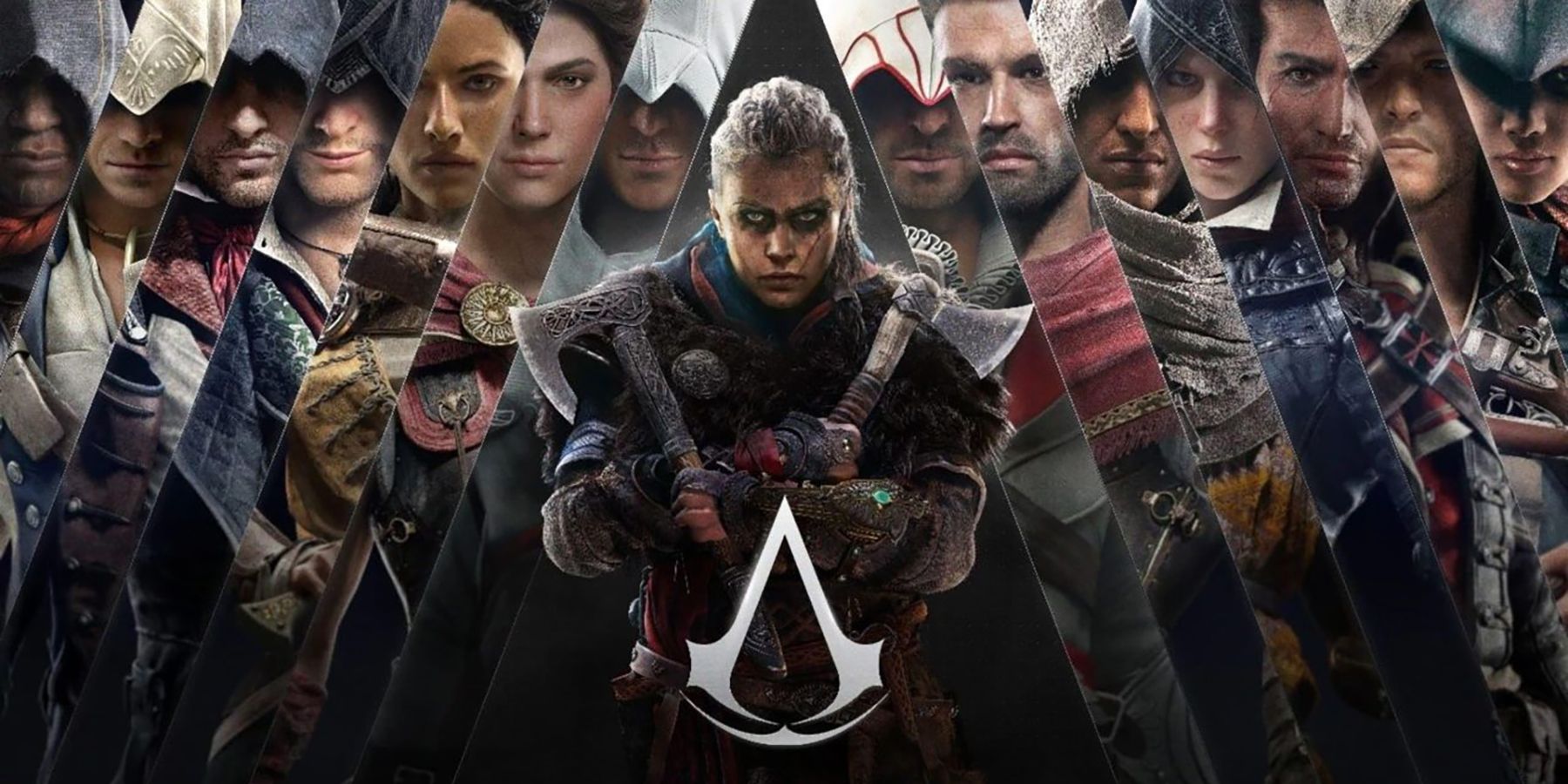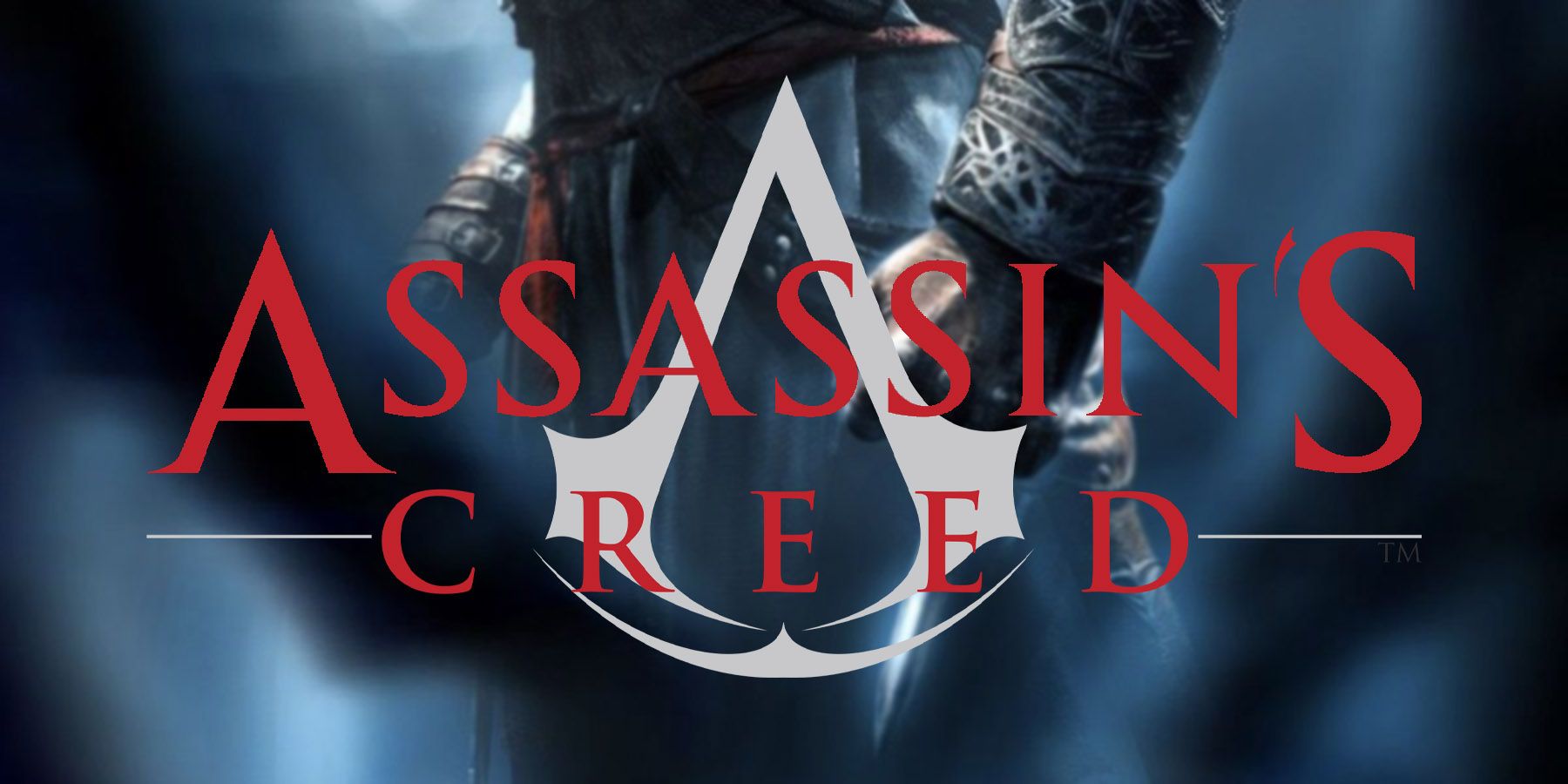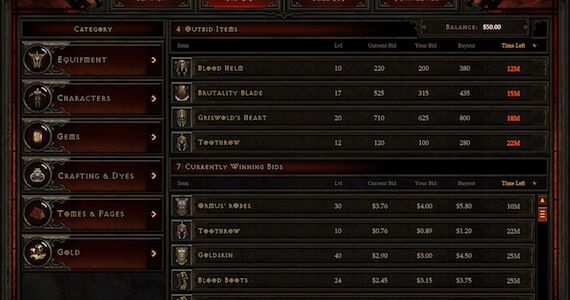During a recent interview with Finder, a Ubisoft exec Nicolas Pouard (VP at Ubisoft’s Strategic Innovations Lab) drew ire from several members of its various communities. Essentially, the exec alleged that NFTs are beneficial for players, who simply don’t understand NFTs yet. It’s no secret that these digital elements have been highly debated in the gaming community, as publishers like Ubisoft, Square Enix, and more are reportedly looking into NFTs.
All of that aside, one element of the comment stands out on how Ubisoft imagines NFT incorporation into games could go—a secondary marketplace. Now, microtransactions are nothing new, and marketplaces and in-game shops are any mainstay in a live-service game, but the idea here is that one player could sell an item that they were done with (or items, after completing a game) to each other. In some way, like a third-party charge, it’s assumed Ubisoft will also line its pockets with this transaction.
If this secondary market makes its way into future games, the downsides should be obvious. Looking into all the live-service games like Division Heartland coming out of Ubisoft as an example, it could be incredibly concerning in games like them and, as an example, the upcoming live-service Assassin’s Creed Infinity.
Assassin’s Creed Infinity and Secondary Marketplaces
This language applied to this game, as an example, means that microtransactions, NFTs, and secondary marketplaces could, in essence, be some of the “innovations” that Assassin’s Creed Infinity will supposedly feature. While there will likely be core elements of completing campaigns or storylines to unlock X items, a live-service game could also mean that there are even better items that take much longer to acquire. Based on this wording and in theory alone, this could mean Assassin’s Creed Infinity may feature items that take, say, 20 hours of grinding to unlock.
It's likely powerful, but an Assassin’s Creed Infinity player may not need it for their build or may not want it in general (before or after “finishing” the game.) This may sound like a good thing, but selling it to another player as an NFT for a paltry sum means that Ubisoft gets richer, it becomes a play-to-earn scenario (that omits the keyword “fun”), and results in a lot of day-one whales simply buying up the best items they can. This would drive the prices lower for everyone else, per supply and demand (where supply would likely skyrocket in these scenarios and meet or exceed demand), would have all the basic blockchain issues of ownership seen today, and inspire those with money to not actually play the game.
One could argue to prevent this is to make sure certain items, outfits, and such in Assassin’s Creed Infinity are level-locked, so day one players couldn’t buy the items and use them. But then that begs the question of why a secondary marketplace would exist anyway. Ubisoft is billing this concept as a good thing, but it would result in more investments (and Assassin’s Creed Infinity is not free-to-play), less reason to play, and remove the feeling of accomplishment upon grinding for the item. It doesn’t matter how the marketplace works out, but selling an item for $12 that took 20 hours to grind for doesn’t help anyone really. On top of that, as supplies increases and thousands of players get these items, that $12 goes down.
Secondary Marketplaces Haven’t Gone Well for Video Games, Traditionally
This is despite insistence from Ubisoft that this is somehow beneficial to players, a claim that has had no real backing one way or another. Yet, history says something else. Secondary marketplaces, without factoring in NFTs, don’t tend to go well for a game. Diablo 3’s auction house is a good example of how it changed the focus from grinding for loot to get the best build possible to grinding for loot to sell to buy the best items possible. The general focus became on the auction house and trading, not the game, which could very well happen with Assassin's Creed Infinity too.
This decision was made to legitimize what some players went to third-party sites for, but those third-party sites weren’t as damaging to the game. Secondary marketplaces take away from the core gameplay in this aspect, and the same thing could go with Assassin’s Creed Infinity—with the more complicated NFT layered on top of it.
Overall, forcing an NFT economy and secondary marketplace into a game doesn’t sound like a good idea and history backs this up, and while it remains to be seen what Assassin’s Creed Infinity looks like, including NFTs is not the way to go about it.
Assassin’s Creed Infinity is in development.
Source: Finder

